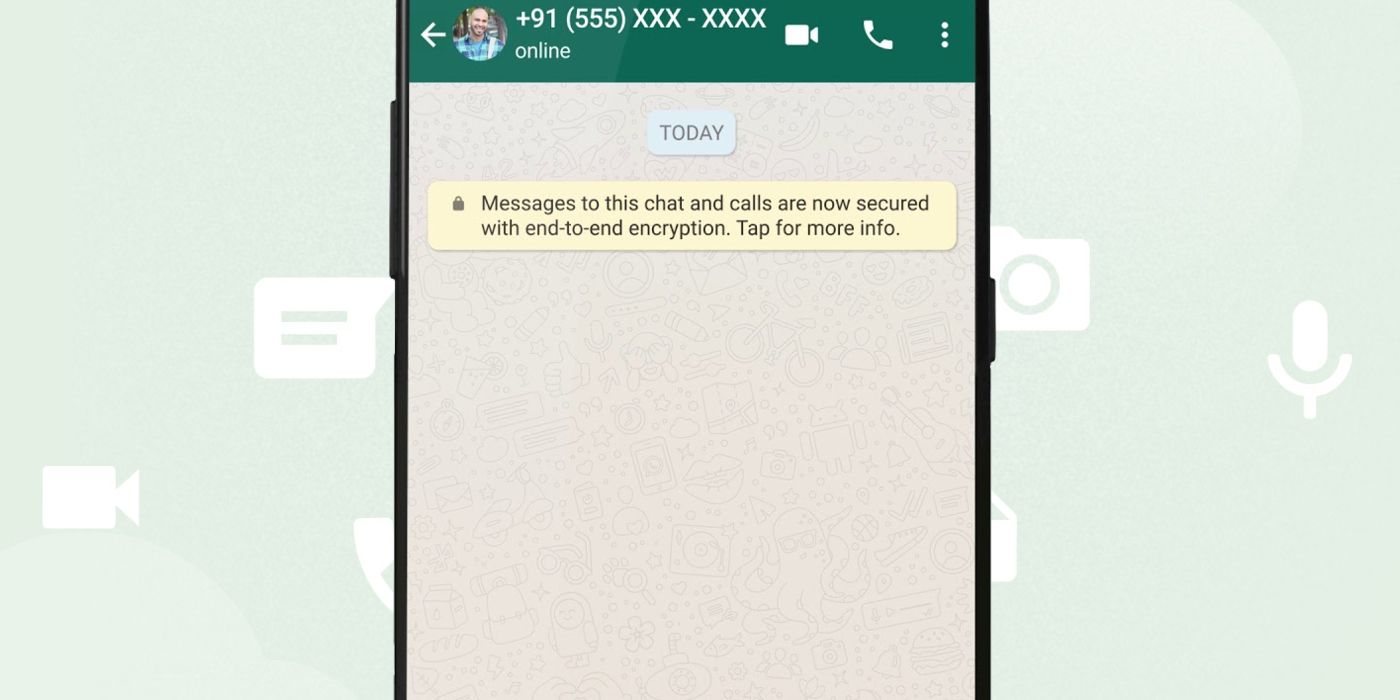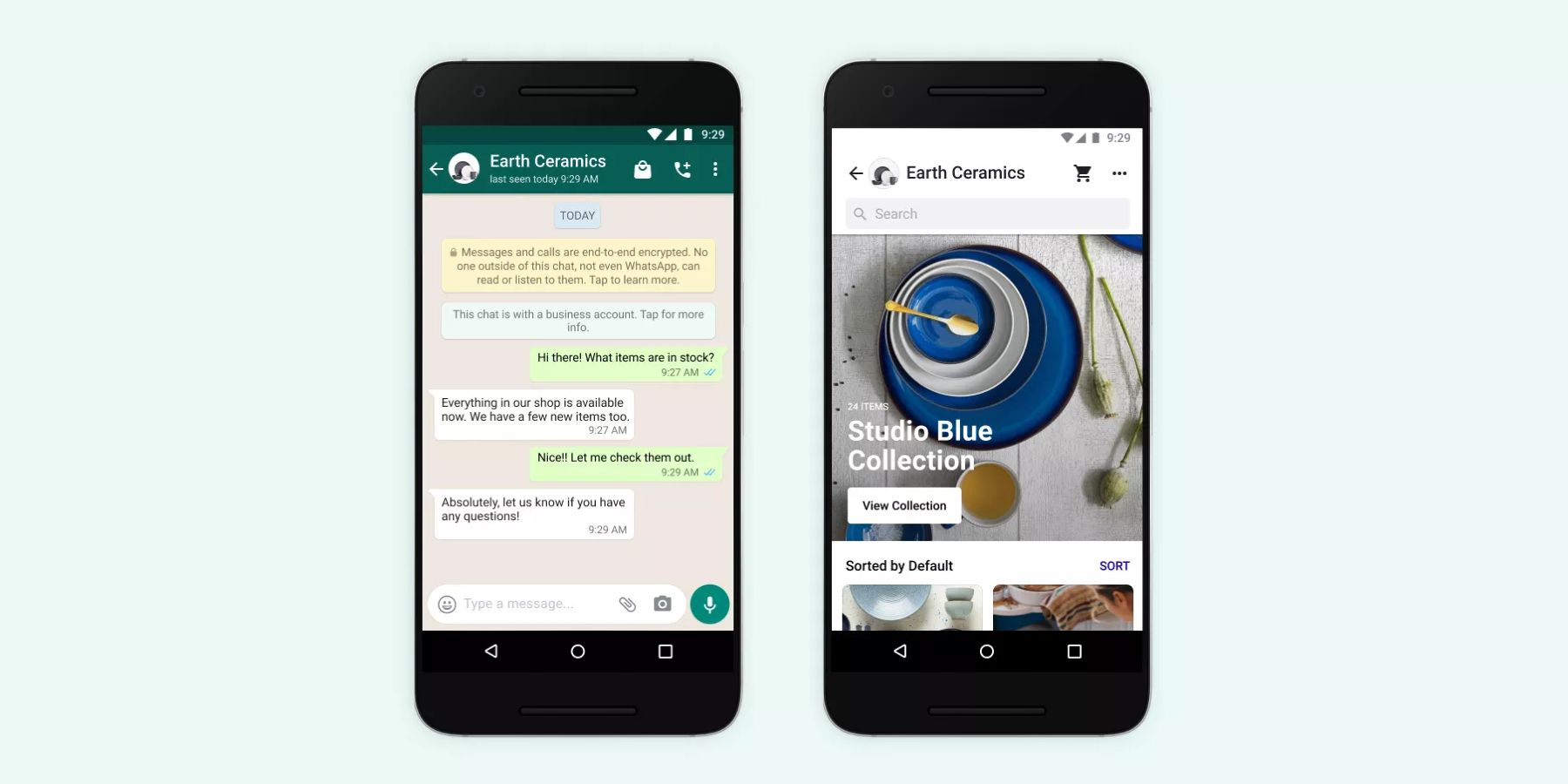WhatsApp will no longer restrict its functionality for users that do not accept its new privacy policy, according to a report. It is the latest development in a saga that has been rumbling on since January. What was intended as an innocent update to improve functionality was not clearly communicated and was interpreted by users as being a huge shift towards data sharing with parent company Facebook.
In reality, the only update about data sharing with Facebook was in relation to users dealing with businesses. It will allow deeper and more convenient integration between the two platforms for messaging between users and businesses and mean that some data will be stored on Facebook's servers. Businesses will also be able to use data in messages between them and WhatsApp users for commercial purposes. What won't happen is any lessening of WhatsApp's end-to-end encryption, meaning chats between users and their contacts will remain entirely private. With that having been ironed out, WhatsApp had said that users would have until May 15 to accept the new terms instead of the original February 8 date. Then, it would begin reminding users to accept the new terms before beginning to limit functionality in the app, and ultimately removing access to it.
Now, though, The Next Web reports that no such action will be taken and users will simply continue to be reminded to accept the terms. Facebook is reported to have said: "We will continue to remind users from time to time about the update as well as when people choose to use relevant optional features, like communicating with a business that is receiving support from Facebook." The about-turn is apparently as a result of discussions with various authorities and privacy experts.
How Has The Privacy Policy Update Affected WhatsApp?
Most WhatsApp users won't even be aware this hand-wringing has been going on. Many will have accepted the privacy policy update immediately and thought nothing else of it. Others who have not accepted the updated terms will simply have dismissed any messages and carried on as usual. Until there is a problem with functionality, these users may see no reason to accept the new terms.
For WhatsApp, however, the whole debacle has been rather more of a headache. Although it is reported not to have seen any significant fall in users numbers, alternative messaging services like Telegram and Signal have seen big influxes of new users, perhaps indicating the stirrings of some stiffer competition. What's more WhatsApp has had to painstakingly explain its actual position, firefight brand damage, and defer to users in delaying deadlines and waiving the threat of limiting functionality. Whether rightly or wrongly, WhatsApp will be all too aware that clearer messaging at the start could have avoided this whole storm in a teacup.
Source: The Next Web


